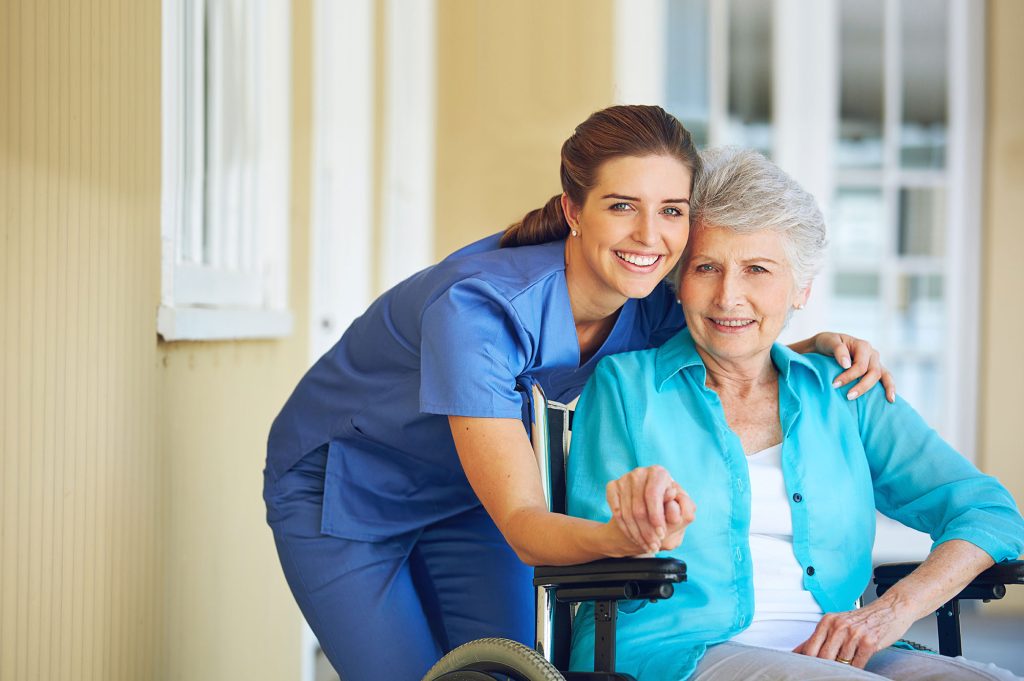Personal Care
What is personal care?
Personal care for elders is the support and supervision of daily personal living tasks and private hygiene and toileting, along with dressing and maintaining your personal appearance. It can also include helping with meal preparation, laundry and bed changing. It provides you or your loved one with the opportunity to receive discreet and sensitive one-to-one support from a fully-trained private carer.

A carer can assist with:
Bathing and showering
Our carers can sensitively assist with personal hygeine to help you feel confident every day
Getting dressed
With a carer, getting dressed and undressed can become
much quicker and simpler
Oral hygiene
Your carer can help you with brushing your teeth and other areas of oral hygiene
Applying make-up
A carer can help you apply make-up, as well as helping with shaving and hair care
Foot care
Toileting and continence
A carer can help with toileting, changing continence pads, and cleaning intimate areas
Moving position in bed
Managing a stoma
Your personal carer can help change or maintain a stoma or catheter bag
Supporting your independence with a personal carer

Our Personal care services
We offer domiciliary care on both a visiting care and live-in care basis to suit your personal needs and preferences.
Visiting care
If you’re struggling to find the time or energy to stay on top of the housework, your carer can help out around the house with just about anything
With care visits starting from as little as 30 minutes per week, your visiting care can be planned around your routines and schedules
Visiting care allows you to benefit from having a type and level of support that is fully tailored to your specific needs and wishes
Your visiting carer will proactively help you to manage the symptoms of your condition
Live-in care
Live-in care will see one of our fantastic carers come to live with you in your home to provide round-the-clock support and companionship.
With a live-in carer, you will benefit from the round-the-clock support and companionship offered by having a carer in your home
A live-in carer will enable you to get the most out of life and continue doing the things you really enjoy
We know that having a carer move into your home is a big step for you to take, which is why we’ll help you find someone who shares your interests and personality
Personal care, tailored to your needs
Like all forms of care, support with personal care is built completely around your individual needs and personal routines. If you like to wash before breakfast or have a bath before going to bed, a carer will happily follow your schedule, letting you live the way you want.
With home care, you have the choice of having a visiting carer – someone who visits at set times of the day or even overnight – to provide the support you need. If you require ongoing support, it may be best to have a live-in carer, living at home with you to provide 24 hour care.

A carer can assist with:
Live-in care
With live-in care, you’ll have the opportunity to have one our brilliant carers live in your home and offer 24/7 support
Visiting care
Our visiting care service gives you flexible, personalised support in your home at the times that you need it most
Elderly care
Our elderly care focuses on supporting the specific problems faced by elderly people, such as mobility, memory loss and more
Support for younger people
We provide support to people of all ages and with all manner of needs, including younger people over the age of 18
Carers who go above and beyond
We’re extremely particular about who we recruit to our care teams, only hiring the most compassionate, dedicated candidates. Every carer is expertly trained to provide personal care in a way that is discreet and respectful of your personal boundaries at all times.
As well as providing personal care, our carers can also assist you around your home in a number of other ways, such as:
Personal care
Our carers provide support with daily chores like cleaning, laundry, and organizing, ensuring your home stays tidy and comfortable.
Symptom management
Trained to assist with movement, our carers help you safely get in and out of bed and navigate your home with ease.
Medication Management
Meal Preparation and Drinks
Companionship and Emotional Support
Mobility support

When should personal care be considered?
Sometimes personal care matters can be difficult for a close family member or friend to carry out, with some feeling awkward about a change in relationship or uncomfortable about completing the more intimate tasks. In instances like these, it can be much easier for a trained carer who is accustomed to supporting with personal care to step in and help.
You may wish to consider personal care if you are:
Recovering from surgery
If you’ve been discharged from hospital, you may require personal care until you’re back on your feet
Living alone
Living alone can make personal care routines more difficult, and increases the risk of injuring yourself
Prone to memory loss
Those in the later stages of dementia may forget that they need to wash, or how to go to the toilet
Struggling with hygiene
Bad hygiene can affect your confidence and independence, but it’s nothing a helping hand can’t fix
Personal care FAQs
Have questions about our Personal care services? Browse our frequently asked questions to learn more about how we can support you or your loved one with personalized, compassionate care in the comfort of home.

Personal care is an umbrella term commonly used to define the range of services put in place to support an individual with personal hygiene and toileting, along with dressing and maintaining your personal appearance.
Personal care can include but is not limited to; bathing and showering, including bed-baths, applying lotions and creams as required, dressing and getting ready for bed, oral hygiene, continence care and much more.
Washing your hands is one of, if not the most important personal hygiene practice. While there are many other important aspects of personal hygiene, by far the most important step you can take to prevent the spreading of germs is washing your hands.


